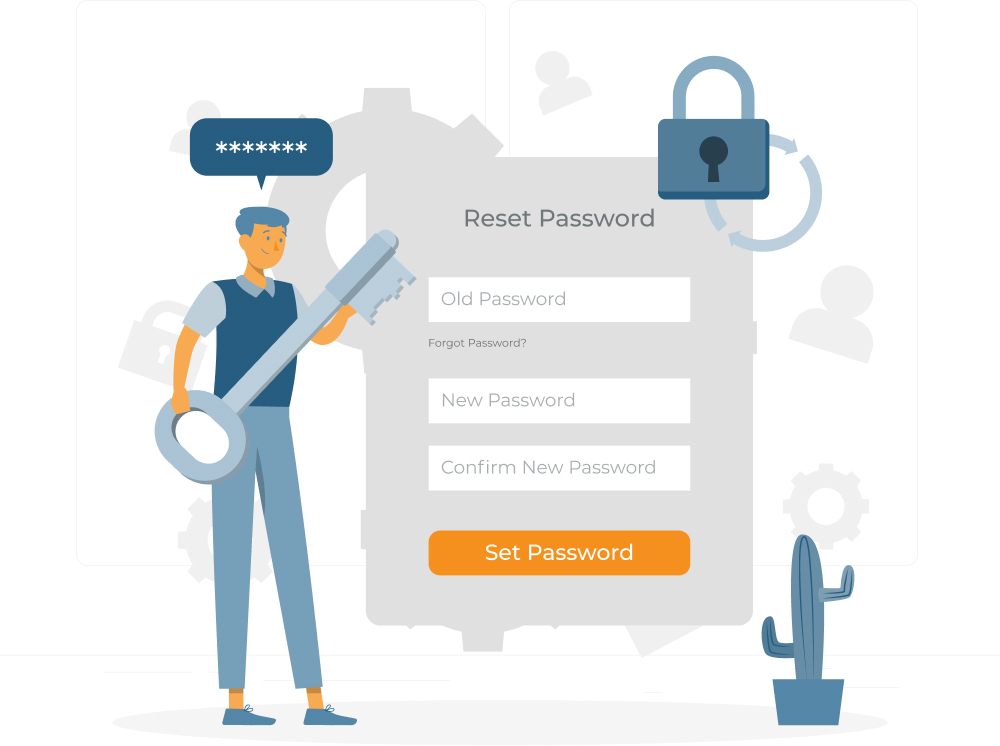The question of whether or not to include hobbies and interests in your CV often comes up when job seekers are attempting to build a CV, and there is no one correct answer. While some argue that it adds a personal touch and helps employers get to know you beyond your professional achievements, some may say that a CV should strictly focus on work-related skills and experiences. Let’s put this topic under a microscope with some things to consider.
The upside: why you should consider including hobbies in your CV.
Showcasing Personality: Including hobbies and interests can give employers a glimpse into your personality. It can make you seem more approachable and well-rounded, potentially setting you apart from other candidates.
Highlighting Transferable Skills: Certain hobbies may demonstrate skills that are transferable to the workplace. For instance, participation in team sports can showcase teamwork and leadership abilities, while creative hobbies may indicate innovation and problem-solving skills.
Conversation Starters: Shared interests between you and the interviewer can serve as conversation starters during an interview, creating a more relaxed and positive atmosphere.
The downside
Irrelevance: If your hobbies are not relevant to the job you’re applying for, they might be seen as unnecessary or distracting. In such cases, including them could be perceived as an attempt to fill space rather than enhance your candidacy.
Stereotyping: Hobbies can sometimes lead to unconscious bias. For example, certain interests might inadvertently lead to stereotyping, which could affect the hiring manager’s perception of your suitability for the role. On the other hand, (this can be counted as a pro!), it can lead to affinity bias. The manager might prefer people on their team who share interest to the team’s as this might mean that the candidate is a better cultural fit, especially if the interest in question is relevant to the job.
Limited Space: CVs often have limited space, especially if you are trying to keep it concise. Including hobbies might mean sacrificing space that could be used to highlight more crucial professional achievements.
Tips for Including Hobbies:
Relevance is Key: Only include hobbies that are relevant to the job or demonstrate skills that align with the position’s requirements.
Balance Professionalism: While adding a personal touch, maintain professionalism. Avoid controversial or overly personal hobbies that could be misinterpreted.
Consider the Company Culture: Research the company’s culture. If it values work-life balance and a diverse range of interests, incorporating hobbies might be more beneficial.
The decision to include hobbies and interests in your CV depends on various factors, including the nature of the job, the company culture, and your personal preferences. It’s essential to strike a balance between showcasing your personality and maintaining a professional tone. Consider the nature of the job you are applying for, the company culture, and the preferences of the hiring managers. Tailor your inclusion of hobbies to align with the position’s requirements and emphasise transferable skills. Remember that relevance is paramount; hobbies should complement, not overshadow, your professional qualifications.
As you craft your CV, ask yourself: Do my hobbies enhance my candidacy for this particular role? Will they contribute positively to the image I want to convey to potential employers? By approaching the inclusion of hobbies with intentionality and awareness, you can navigate this aspect of CV writing strategically, ultimately presenting a well-rounded professional profile that resonates positively with prospective employers.
Good luck on your job search!
View latest jobs here.

